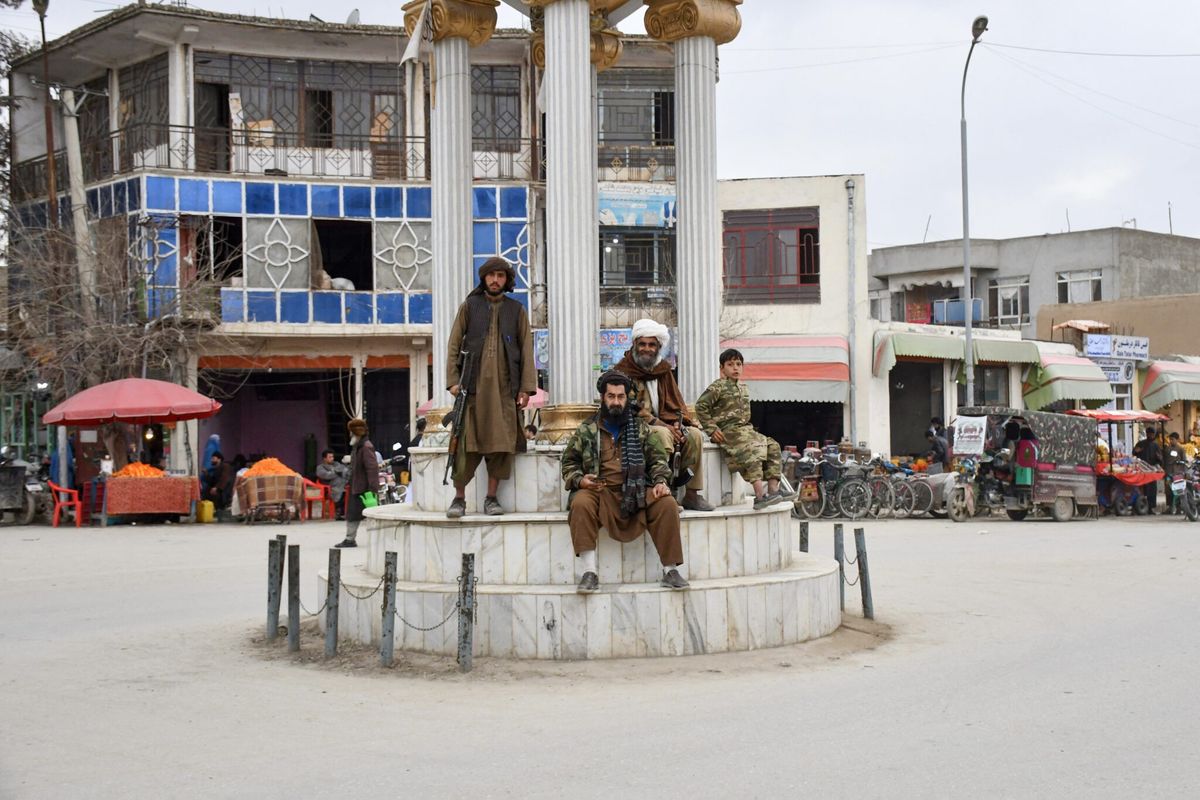As the Taliban and ISIS continue to launch attacks across Afghanistan, U.S. and Afghan forces face the daunting task of bringing stability to one of the world’s most volatile countries. The Cipher Brief spoke with Ryan Crocker, former U.S. Ambassador to Afghanistan and Iraq, about the current security apparatus in Afghanistan. Despite these attacks, Crocker says that “not all the news is bad” as Afghan forces have repeatedly repelled Taliban advances and that Afghanistan continues to remain a “vital U.S. national security interest.”
The Cipher Brief: What do you make of the deteriorating security situation in Afghanistan?
Ambassador Ryan Crocker: The security situation in Afghanistan is certainly challenging, but not all the news is bad. It is important to bear in mind that the Taliban control no urban areas in spite of intensive efforts. They did take Kunduz in 2015, but Afghan security forces were able to drive them out a few weeks later. Expectations that Lashkar Gah in Helmand would fall in the current fighting season have thus far not materialized. Government forces are taking heavy casualties, but their will to fight appears undiminished, and they are making some gains. Afghan and U.S. pressure is reducing the space for Islamic State in Nangahar. The recent U.S. decision to allow the use of air power in support of Afghan offensive operations has already made a difference.
Recent attacks in Kabul are disturbing but do not themselves indicate a general security deterioration. It is worth noting that Islamic State attacks in Baghdad have increased at the same time the group is losing ground elsewhere in the country.
TCB: The Taliban now reportedly controls more territory in Afghanistan than at any time since 2001. Which factors have most contributed to the Taliban’s successes?
RC: NATO force levels in Afghanistan have declined by 90 percent since 2012. In this light, it is not unexpected that the Taliban have made gains. Perhaps the real surprise is that they were not greater.
TCB: Why has the U.S. been reluctant to use air power in support of Afghan offensive operations?
RC: The Obama Administration sought to disengage completely from Afghanistan – air support only for U.S. troops and those troops withdrawn by the end of the year. It was a strategy that would have failed. Fortunately, the Administration changed course on both troop withdrawals and close air support.
TCB: What do you make of the President’s decision to withhold $300 million in aid to Pakistan? Could this be linked to the recent uptick in violence in Afghanistan since Pakistan has been known to provide a safe haven for the Taliban?
RC: We need to move away from using aid as a carrot or a stick with Pakistan. Withholding assistance reminds Pakistanis of our walkout after the Soviet defeat in Afghanistan and can push them in the wrong direction. We need to make a long-term commitment to a relationship with both Pakistan and Afghanistan, and the President's decision to maintain U.S. forces in Afghanistan gives the next Administration the opportunity to do so.
At the same time, we should build on the precedent of the drone strike on Mullah Mansour in Baluchistan, hitting high value targets wherever we might find them in Pakistan.
This combination is more likely to bring about a change in Pakistani policy than weaponizing aid. We've tried it before and it doesn't work.
TCB: What is your recommendation to the next Administration – regardless of party – on the best next steps for the United States in Afghanistan?
RC: President Obama’s decision to maintain 8,400 troops through the end of his Administration is important. It will give the next President something to build on. Our history in Afghanistan since the Soviet occupation strongly suggests that the next President make an enduring commitment to a relationship with Afghanistan.
This is a vital U.S. national security interest – U.S. disengagement from Afghanistan after the Soviet defeat was the first step on the road to 9/11. The next Administration should make decisions on the level and nature of U.S. involvement in Afghanistan based on conditions, not calendars.













